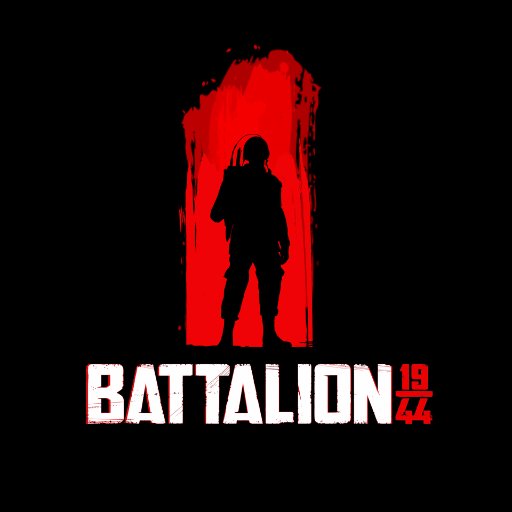Overview
This guide discusses the basic roles in a team in a competitive format.
Intro
Like any other team game, Battalion 1944 has specific roles that are needed in a team in order for the team to function properly. These roles tend to be occupied by a specific player on the team for the majority of the match. In this article, I will name each role and explain them to you so that by the end you will have a greater understanding of the inner workings of a competitive team in Battalion 1944.
In-Game-Leader (IGL)
The IGL is arguably the most important role in the team and is often occupied by the player on the team that understands the game the best. On the attacking side, they are in charge of calling the buys, the strats, the default, and the executes. On the defending side, they are in charge of calling the rotations, the setups, and the aggression. Because of the work-load that is on the shoulders of this individual, in-game, they tend to take a less important role to help keep their attention focused on the overall picture of the round. This means that they will often be the player that holds flanks and enters the bombsite last. As the IGL, you are not necessarily in charge of creating the strategies that your team uses, but you are in charge of telling your team what strategy will be used in a given round. This means calling out what each player should buy, what the beginning of the round will look like, and how the round will end. Although it is likely that a well-practiced team will have the majority of these things down from their practice sessions, there will be situations where you need to take control of the situation and work completely on the fly. This is where the individual’s game sense will really come into play and make or break them.
Entry Fragger (Entry)
The Entry player on your team tends to be one of the most aggressive players on your team (it is important to note that this does not always mean the player with the best aim). They are in charge of entering first into whatever part of the map you are executing. Because of this, their K/D is not usually that great and they will seldom be alive in late-round situations. It is often underestimated what a good Entry can do for a team and because of this, many teams will just put any random person into the role that does not what they want to play. This is a huge mistake and Entry players should be treated like gold if they are good at what they do.
Second Entry
A team’s Second Entry tends to be the player on the team with the best mechanical skill. This is because they are able to bait the Entry player and trade kills off of their death. This often puts them in the best situation possible to do a lot of damage and get a lot of kills. Because of this, it is not unusual for the Second Entry on a team to be on the top of the scoreboard. It is also important for this player to have a decent understanding of the game because they will likely be alive in late-round scenarios.
Sniper
Good snipers are hard to come by and this is not unusual. The snipers in Battalion have some of the highest skill ceilings in the game and this can make them incredibly useful, or incredibly useless. A good sniper has the ability to get you a kill in the round extremely early and also has the ability to hold down a bombsite on their own with strong positioning. Because of this, it is important that your team’s sniper not only know the fastest routes on the maps so they can get early kills, but that they have a deep understanding of the angles on each map so they can maneuver themselves in an effective manner.
Lurker
The last role on the team is one of the hardest for any player to master. This is because when played incorrectly, you can bait your entire team, you can fail killing rotaters, or you can fail executing flanks. All of these things can lose your team the round. On the attacking side, a team’s Lurker is the player plays the opposite side of the map from their teammates. This means that 99% of the time, they are alone. Furthermore, if they die, there is no potential for a trade kill on the player that killed them. Because of this, they need to be surgical in the way they move and they cannot make any mistakes. Putting yourself in the wrong position can not only cost you your life, but your team the round.
Conclusion
It is important to note that these roles are not always going to be occupied by a singular player on a team. For example, in a three versus three, any one of the players on your team could become the Entry depending on their positioning, the time left in the round, and whether the assigned Entry on your team is alive or not. So although these roles may not always be applicable, it is always a good idea to assign work to your team to stay a well functioning unit.
If you enjoyed this guide, I have this and many others on my website that I am dedicating to Battalion 1944 content.

